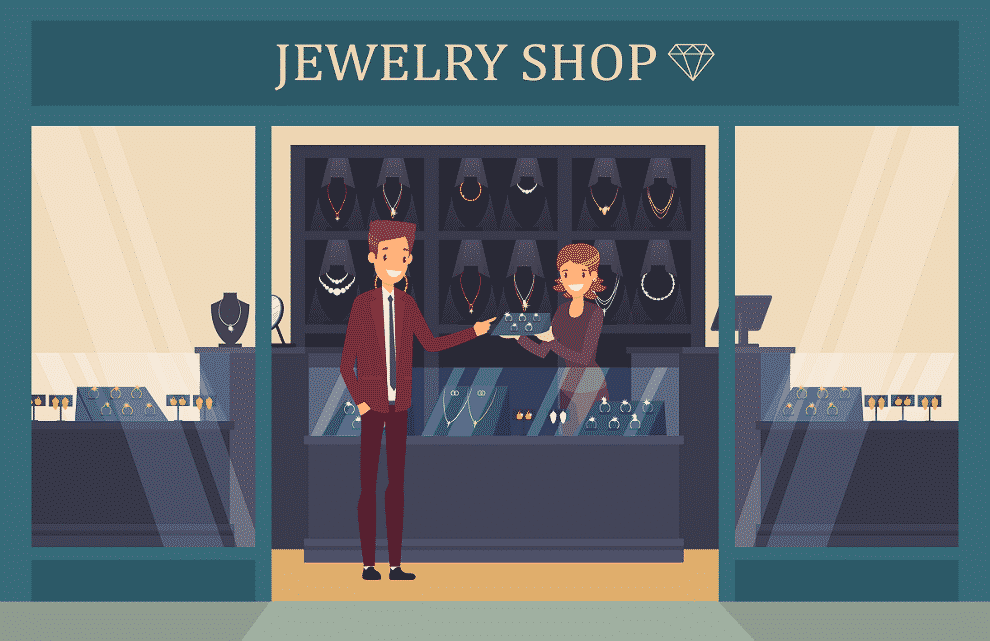Boreout in luxury retail: The silent drain on employee and brand success

Boreout ≠ Burnout
Boreout, a state of chronic boredom and lack of purpose at work, poses a significant and often overlooked challenge within the luxury retail sector. While the glitz and glamour associated with high-end brands might seem antithetical to boredom, the realities of the job, including repetitive tasks, low customer traffic, or a lack of opportunities for growth, can lead to employee disengagement and ultimately, harm the brand’s image and customer relationships.
Contributing factors to boreout in luxury retail
- Low customer traffic: Periods of low customer footfall can leave luxury retail associates feeling underutilized and bored, especially if their roles are primarily focused on in-person sales and customer interaction.
- Repetitive tasks: Tasks such as inventory management, maintaining store aesthetics, and processing transactions, if not varied or challenging enough, can become monotonous and unfulfilling over time.
- Lack of growth opportunities: Employees feeling stuck in their roles with limited chances for advancement or skill development are more susceptible to boreout, according to Forbes.
- Non-stimulating work environment: A lack of engaging team interactions, opportunities to collaborate on new ideas, or involvement in decision-making processes can contribute to feelings of detachment and boredom, says the New York Post.
Impact of boreout on luxury brands
- Decreased employee engagement and performance: Bored employees are less likely to be motivated and engaged, leading to a decline in their performance and enthusiasm, notes LinkedIn.
- High turnover rates: Boreout can push employees to seek more stimulating opportunities elsewhere, resulting in increased staff turnover and the loss of valuable talent and institutional knowledge, according to Forbes.
- Erosion of brand image and customer loyalty: Disengaged employees, lacking the energy to deliver personalized and impeccable service, can negatively impact customer experiences, potentially harming the brand’s reputation and customer loyalty, says LinkedIn.
- Reduced referral business: Satisfied customers often refer others, and a less-than-stellar experience due to a bored employee can deter word-of-mouth marketing, limiting potential new business, according to LinkedIn.
Addressing boreout in luxury retail
- Provide opportunities for development and new challenges: Offer training programs, opportunities to learn new skills, cross-training across departments, and “stretch assignments” that challenge employees and expand their responsibilities.
- Recognize and reward achievements: Acknowledging and appreciating employees’ efforts through recognition programs and rewards can significantly boost morale and engagement.
- Empower employees and foster autonomy: Give employees more control over their work processes and decisions, within established guidelines, to increase their sense of ownership and responsibility.
- Foster a supportive and stimulating work environment: Encourage teamwork, open communication, and social interaction among colleagues. Consider team-building activities and events to foster a sense of community.
- Encourage work-life balance: Implement strategies to ensure adequate breaks during shifts, promote the use of vacation time, and offer flexible scheduling options where possible to help employees recharge and maintain their well-being.
- Facilitate knowledge exchange and mentorship: Recognize and appreciate the expertise of experienced staff and create opportunities for mentorship and knowledge sharing to engage employees at all levels.
- Recruiting the adecuate amount of staff to over slice the cake
- Drive traffic to your store and create an online selling strategy involving teams other than just CRM
- Keep the schedule under 40 hours for full time employee, boredom + overtime are a deadly poison for employers
By proactively addressing the potential for boreout within luxury retail, brands can cultivate a more engaged and satisfied workforce, ultimately benefiting both employees and the bottom line.
Article provided by
Senior Recruiter for the luxury industry

